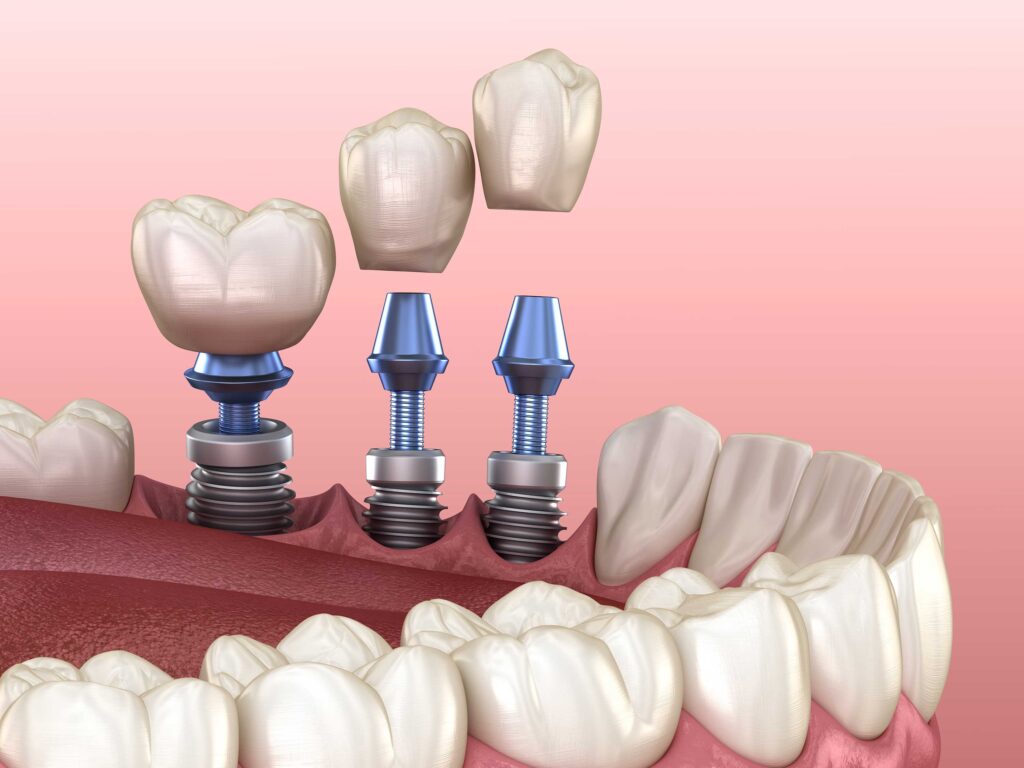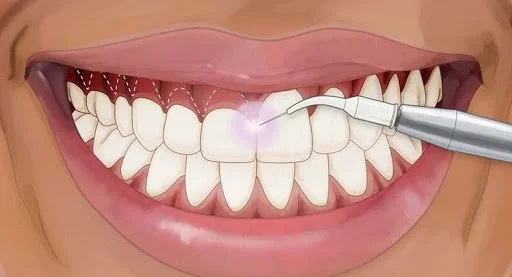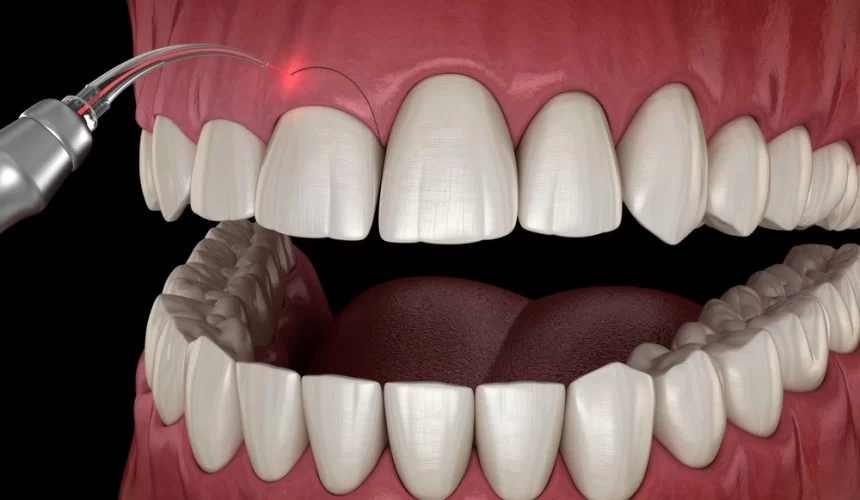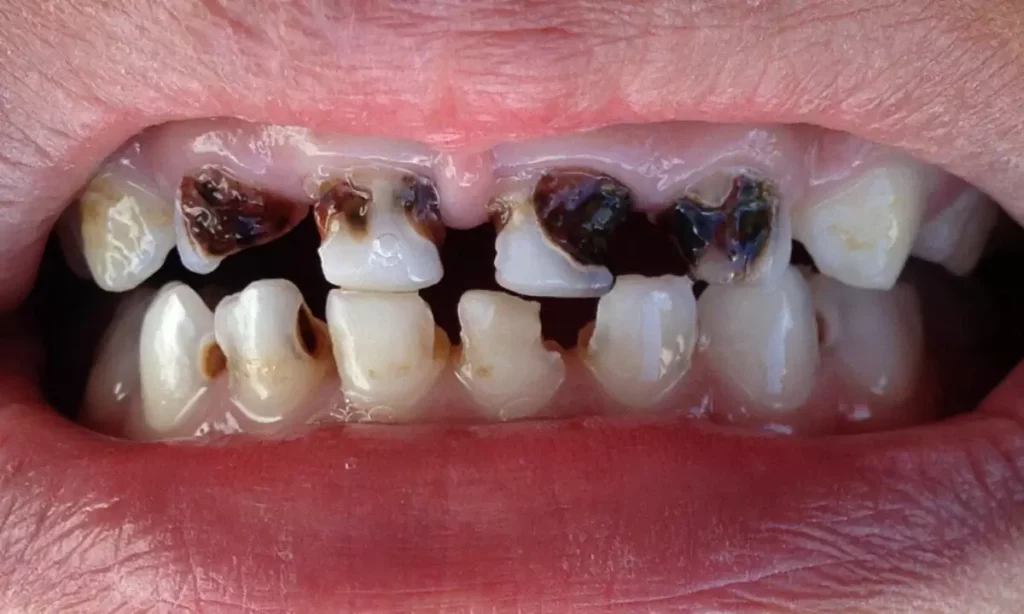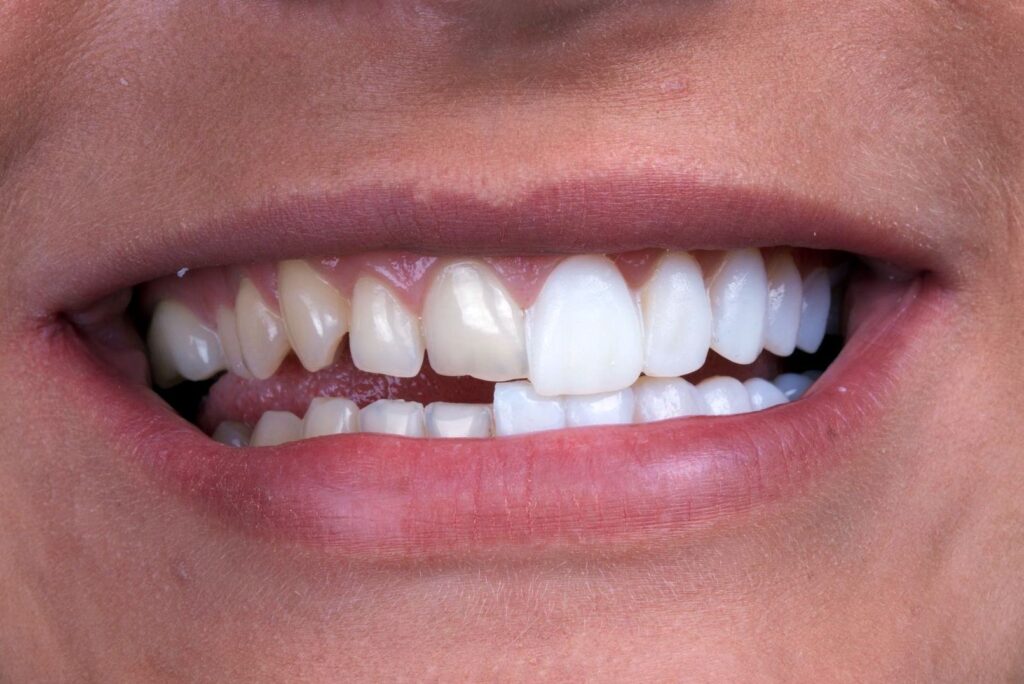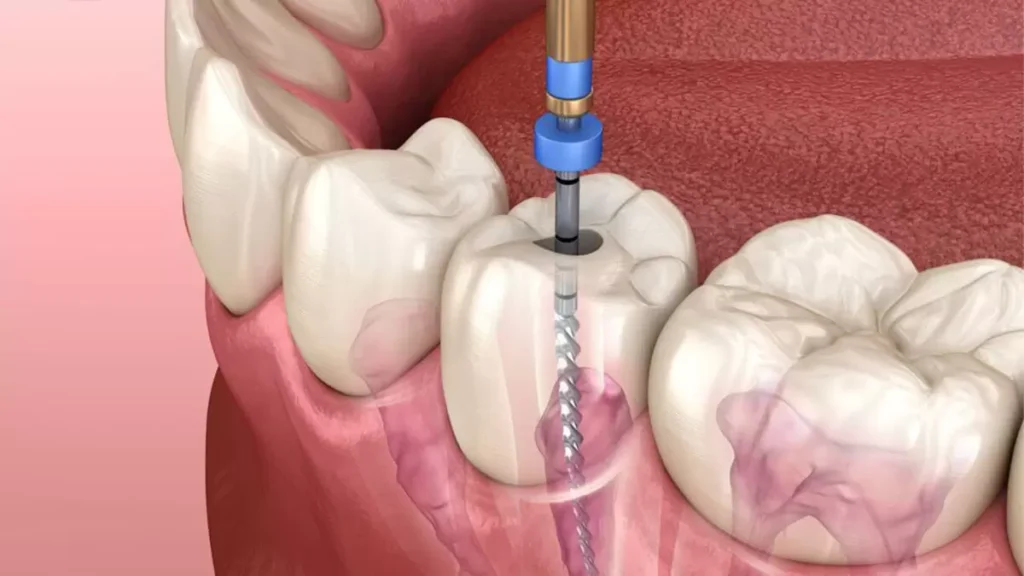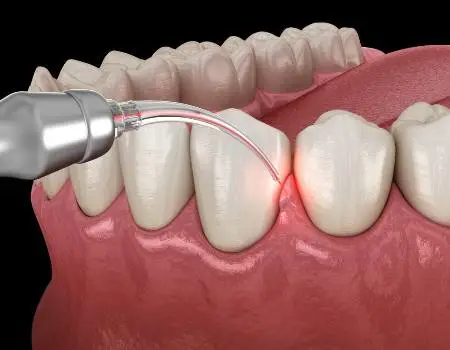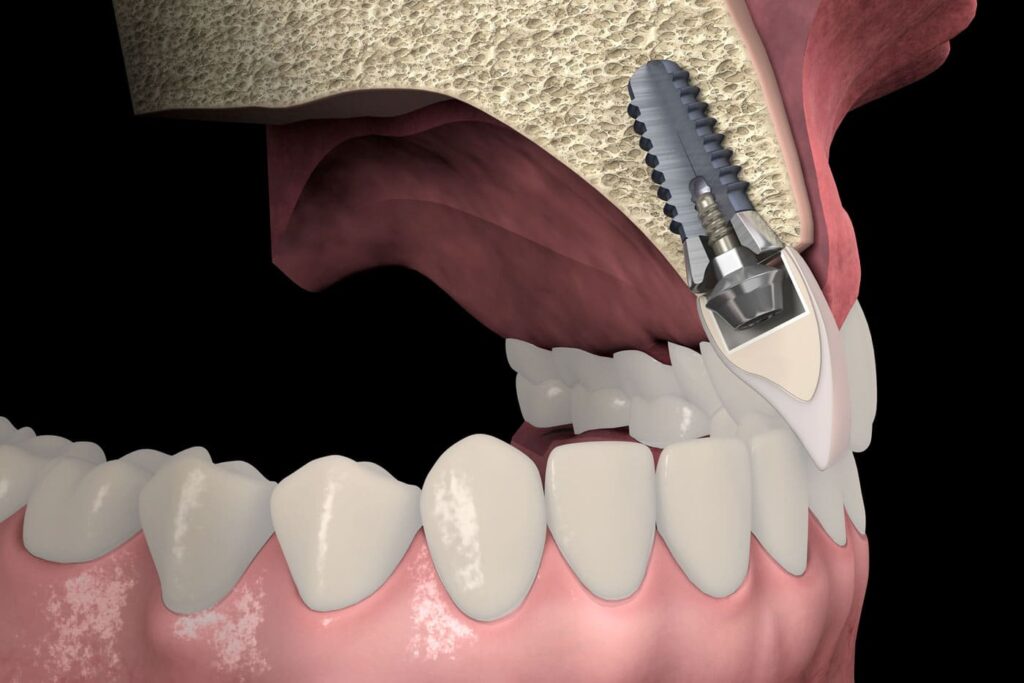Implant treatment is one of the most effective and long-lasting solutions for replacing missing teeth. However, it is not suitable for everyone. Certain factors can impact the success of the procedure, making it an unsuitable choice in some cases. Here are the key situations where implant treatment may not be applicable:
1. Insufficient Bone Tissue
For a successful implant procedure, the jawbone must have sufficient thickness and density. If a tooth has been missing for a long time, the bone tissue may deteriorate, leaving no solid foundation for the implant. In mild cases, bone structure can be improved with additional procedures such as bone grafting or sinus lifting. For more severe bone loss, the patient’s own bone (autogenous grafting) may be used to restore volume before placing the implant. However, in some cases, even these techniques are insufficient, and alternative treatments must be considered.
2. Uncontrolled Systemic Diseases
Certain systemic health conditions can negatively affect the success of implant treatment. Conditions such as:
- Uncontrolled diabetes
- Osteoporosis
- Heart disease
- Immune system disorders
These conditions can slow down the healing process or prevent the implant from properly integrating with the bone. Additionally, patients undergoing chemotherapy or radiotherapy are generally not recommended for implant treatment. Individuals with these conditions should consult their physicians before proceeding with implant therapy to ensure the safest treatment plan.
3. Smoking and Poor Oral Hygiene
Smoking is a major risk factor in implant treatment as it restricts blood circulation, slowing down healing and increasing the risk of implant failure. Poor oral hygiene is another significant concern—conditions like gum disease (periodontitis) or inadequate oral care can increase the risk of infection around the implant, potentially leading to implant loss. For this reason, implant treatment may not be advised for individuals who smoke heavily or neglect oral hygiene.
4. The Importance of a Detailed Evaluation
While implant treatment is an excellent solution for many patients, it is not suitable in all cases. Factors such as insufficient bone tissue, uncontrolled systemic diseases, smoking, and poor oral hygiene can compromise the procedure’s success. A thorough examination and evaluation are essential before proceeding with implant treatment. Your dentist will determine the most appropriate treatment plan to ensure a safe and successful outcome.
Important Note: This content is for general informational purposes only. Every patient’s condition is unique, and a professional consultation with a specialist dentist is essential before making any decisions about dental health. Always seek personalized advice from your healthcare provider to determine the best course of action for your situation.
